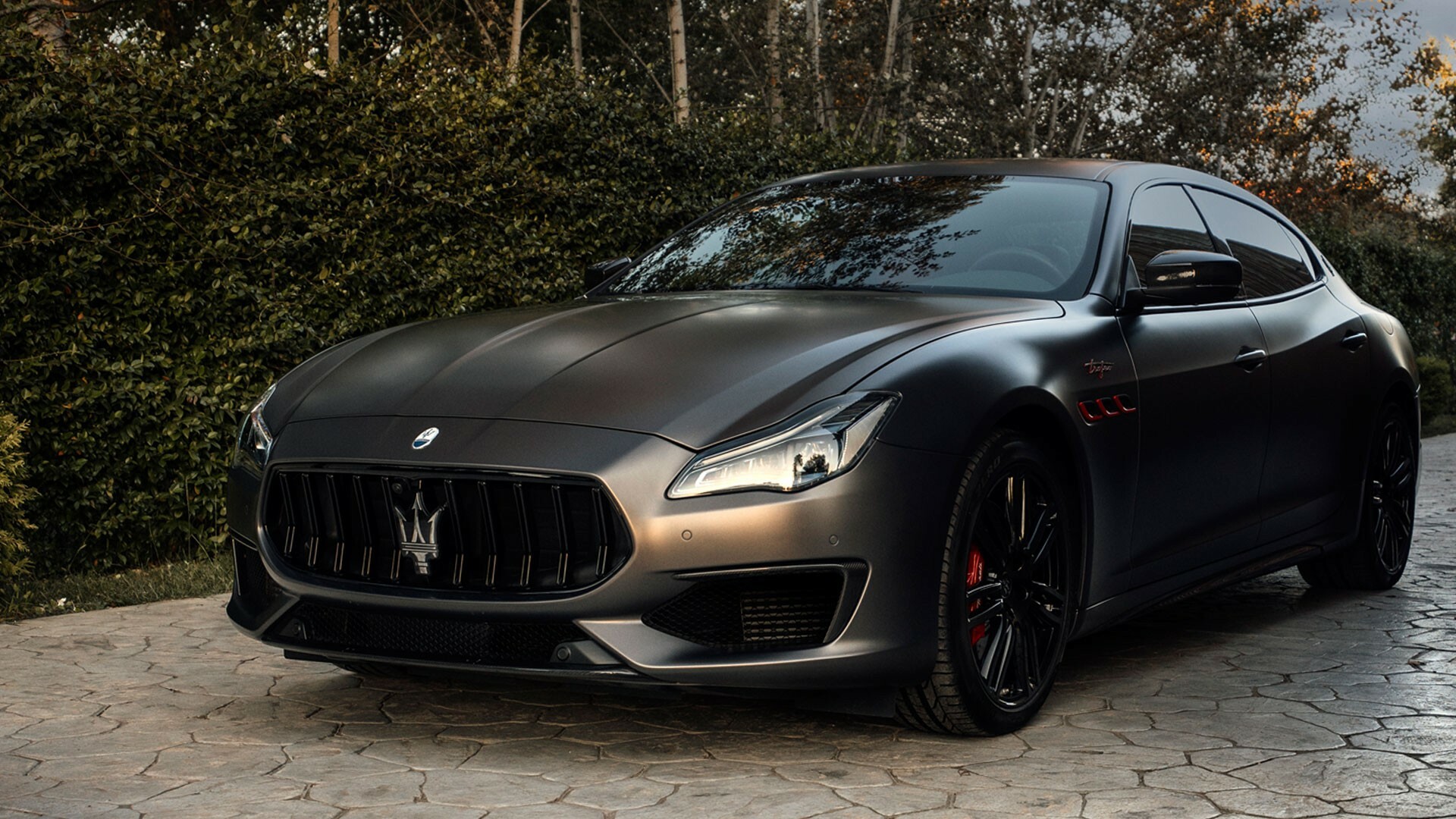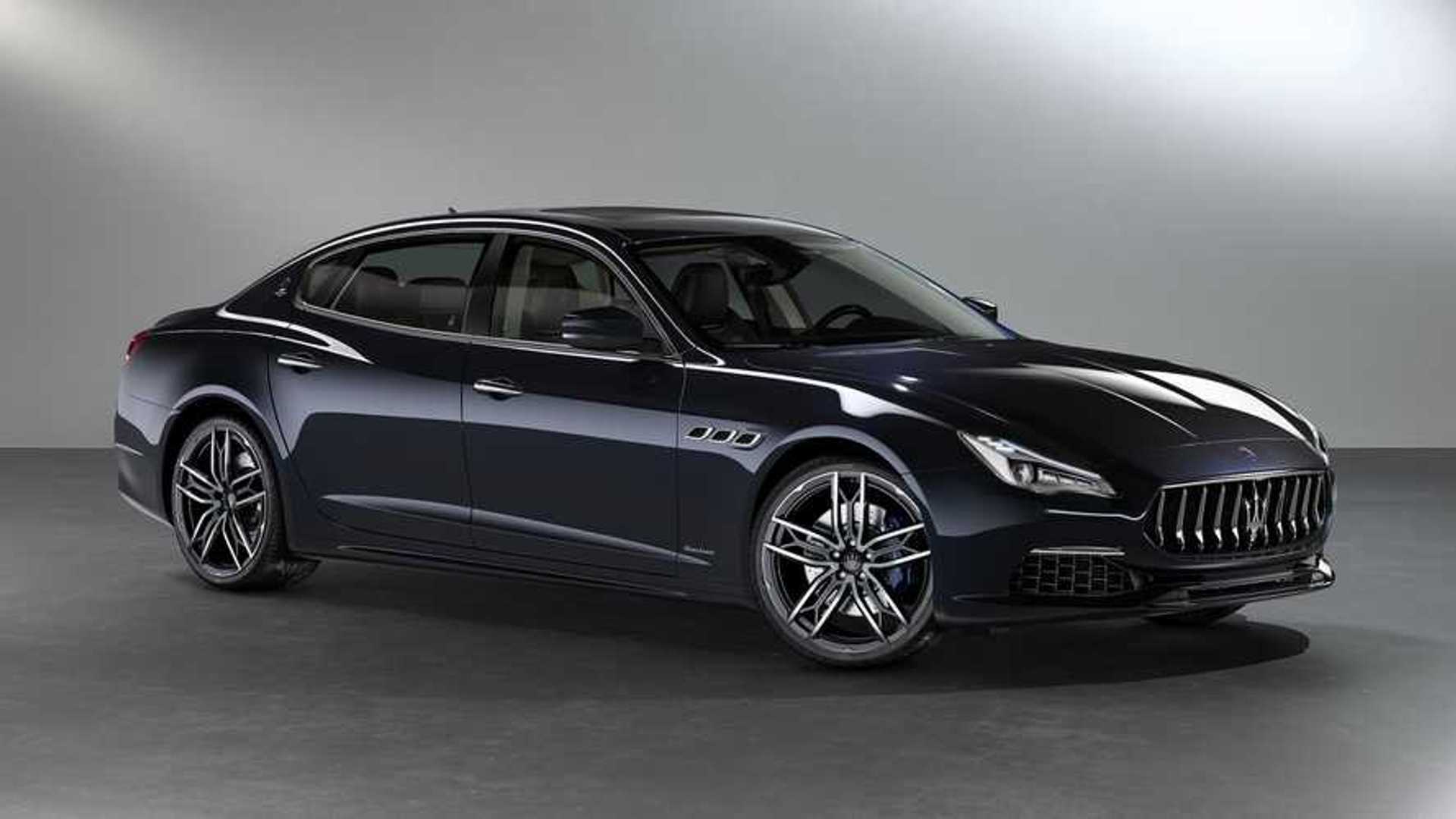Stellantis’ premium brand, Maserati, is facing hurdles on its path to an all-electric lineup, announcing a suspension in the development of its Quattroporte Folgore, a battery-powered large sedan. The official explanation attributes the decision to concerns about the new car’s performance, but there may be more pressing factors behind the scenes.
Italian media sources suggest that Stellantis is presently crafting the business case for its flagship electric vehicle. As part of cost-cutting measures, the automaker has reportedly urged suppliers to reduce parts prices by 6 percent, following a similar reduction request in 2023.

This setback represents the third delay in Maserati’s electric vehicle lineup, following the postponed launches of the battery-electric versions of the GranTurismo coupe and Grecale midsize SUV. Originally expected in 2023, the latter is now slated for release later this year. A zero-emissions version of the GranCabrio is also in development, with a planned release in 2024. The GranTurismo Folgore is currently on sale, and deliveries are underway.
The Dare Forward 2030 plan for full electrification includes the Levante, which should receive a fully electric version by the middle of the decade, completing the brand’s initial EV range. Preliminary details indicate that the Levante Folgore will be powered by a less potent iteration of the GranTurismo Folgore’s three-motor setup.
However, Maserati’s production challenges go beyond development delays. Stellantis plans to temporarily lay off 1,000 Maserati production workers at the Mirafiori factory in Turin, Italy, from February 12 to March 3. This facility manufactures models such as the Quattroporte, Levante large SUV, and GranTurismo large coupe.

